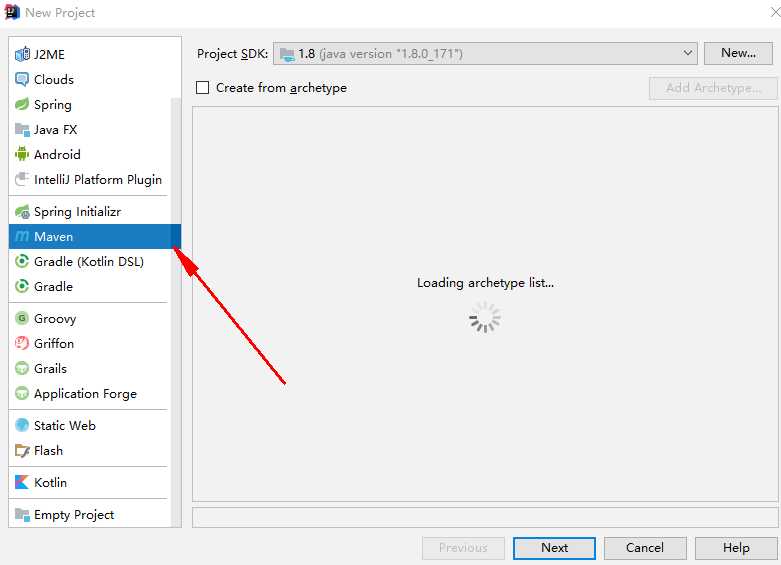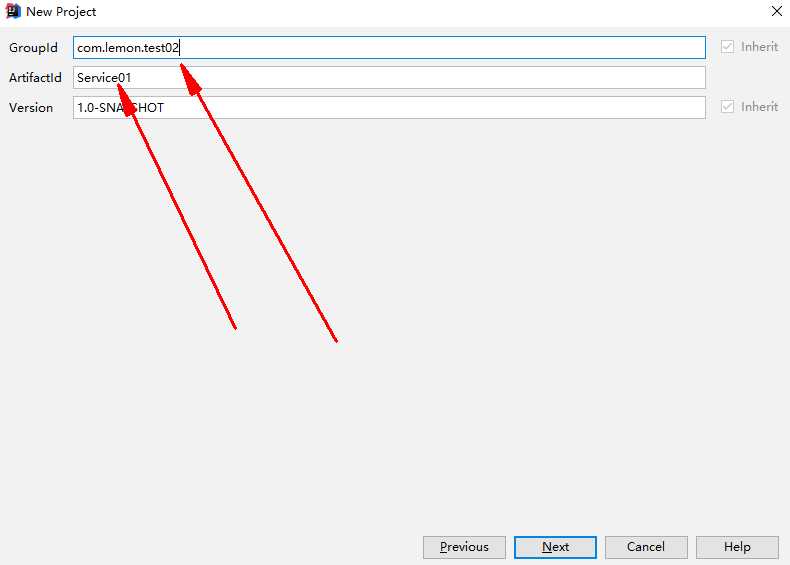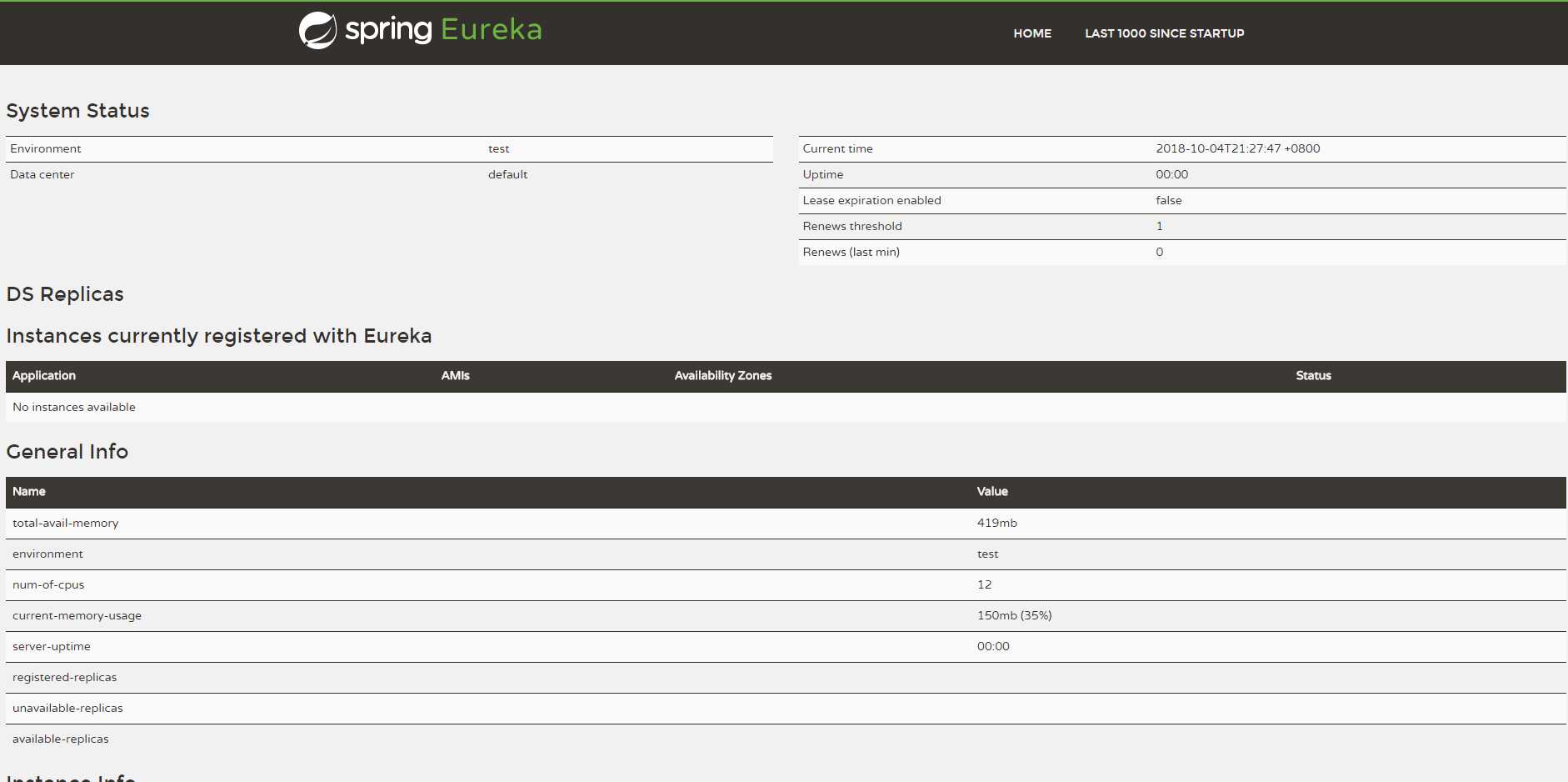Spring Cloud做负载均衡
2021-05-19 06:28
标签:lse 工程 client 依赖 src package figure enable init 1.新建maven工程,点击finish完成 2.在pom.xml文件中加入必要的依赖 3.创建服务注册中心server,新建一个module->Spring Initializer->Cloud Discovery->Eureka Server->finish 4.修改src/main/resources/application.properties为application.yml 5.在包下自动产生的MyServerApplication.java文件中添加@EnableEurakeServer,在application.yml文件中添加如下内容 6.启动工程,打开localhost:8801测试,出现下图,表明server正常工作 7.新建服务的module,名字为my-service,和server构建方式一模一样,然后修改my-service的pom.xml文件中的spring-cloud-starter-netflix-eureka-server为spring-cloud-starter-netflix-eureka-client,按照上文方式修改properties为yml 8.在my-service模块产生的java文件中添加如下内容 在yml文件中添加 启动程序测试,此时发现,在localhost:8801网页上,出现一个my-service的应用,在应用程序启动处选择Edit Configuration,去掉Single instance only,便可以修改端口号,再次启动一个服务,打开8801端口网页发现有两个服务 9.创建一个消费者module,名称为my-consume,创建方式和my-service一样,也修改文件为client,添加如下内容到yml文件 添加如下内容到java文件中 新建一个service文件,添加如下内容 新建一个controller文件,添加如下内容 启动工程,发现在网页中该服务也注册了,如下图 在网页中输入localhost:8804/hi?name=lemon,不断刷新,发现打印出的端口号是改变的,说明进行负载均衡了 参考:https://blog.csdn.net/forezp/article/details/81040946 Spring Cloud做负载均衡 标签:lse 工程 client 依赖 src package figure enable init 原文地址:https://www.cnblogs.com/SakerLiu/p/9743577.html

server:
port: 8801
eureka:
instance:
hostname: localhost
client:
register-with-eureka: false
fetch-registry: false
service-url:
defaultZone: http://${eureka.instance.hostname}:${server.port}/eureka/
spring:
application:
name: eurka-server

package com.example.myservice;
import org.springframework.beans.factory.annotation.Value;
import org.springframework.boot.SpringApplication;
import org.springframework.boot.autoconfigure.SpringBootApplication;
import org.springframework.cloud.netflix.eureka.EnableEurekaClient;
import org.springframework.web.bind.annotation.RequestMapping;
import org.springframework.web.bind.annotation.RequestParam;
import org.springframework.web.bind.annotation.RestController;
@SpringBootApplication
@EnableEurekaClient
@RestController
public class MyServiceApplication {
public static void main(String[] args) {
SpringApplication.run(MyServiceApplication.class, args);
}
@Value("${server.port}")
String port;
@RequestMapping("/hi")
public String home(@RequestParam(value = "name",defaultValue = "lemon") String name){
return "hi"+name+", I am on the port:"+port;
}
}
server:
port: 8802
spring:
application:
name: service-ribbon
eureka:
client:
serviceUrl:
defaultZone: http://localhost:8801/eureka/

server:
port: 8804
spring:
application:
name: my-consume
eureka:
client:
serviceUrl:
defaultZone: http://localhost:8801/eureka/
package com.example.myconsume;
import org.springframework.boot.SpringApplication;
import org.springframework.boot.autoconfigure.SpringBootApplication;
import org.springframework.cloud.client.discovery.EnableDiscoveryClient;
import org.springframework.cloud.client.loadbalancer.LoadBalanced;
import org.springframework.cloud.netflix.eureka.EnableEurekaClient;
import org.springframework.context.annotation.Bean;
import org.springframework.web.bind.annotation.RestController;
import org.springframework.web.client.RestTemplate;
@SpringBootApplication
@EnableEurekaClient
@EnableDiscoveryClient //确保可以注册
public class MyConsumeApplication {
public static void main(String[] args) {
SpringApplication.run(MyConsumeApplication.class, args);
}
@Bean
@LoadBalanced
RestTemplate restTemplate() {
return new RestTemplate();
}
}
package com.example.myconsume;
import org.springframework.beans.factory.annotation.Autowired;
import org.springframework.web.client.RestTemplate;
@Service
public class HelloService {
@Autowired
RestTemplate restTemplate;
public String hiService(String name) {
return restTemplate.getForObject("http://MY-SERVICE/hi?name="+name,String.class);
}
}
//其中MY-SERVICE是服务的名称,在网页中可以查到package com.example.myconsume;
import org.springframework.beans.factory.annotation.Autowired;
import org.springframework.web.bind.annotation.RequestMapping;
import org.springframework.web.bind.annotation.RequestParam;
import org.springframework.web.bind.annotation.RestController;
@RestController
public class HelloControler {
@Autowired
HelloService helloService;
@RequestMapping(value = "/hi")
public String hi(@RequestParam String name){
return helloService.hiService(name);
}
}
